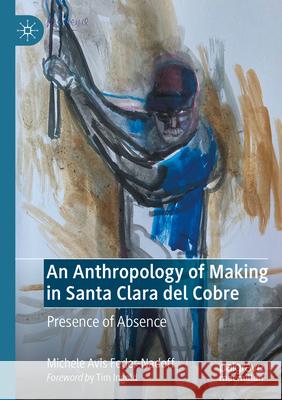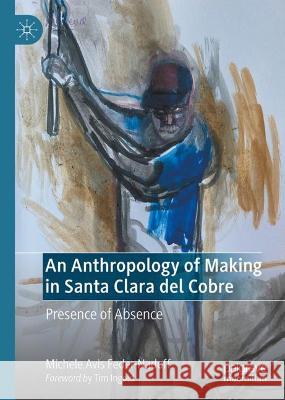Wyniki wyszukiwania:
wyszukanych pozycji: 2
 |
An Anthropology of Making in Santa Clara del Cobre
ISBN: 9783031366840 / Angielski / Miękka / 2025 Termin realizacji zamówienia: ok. 22 dni roboczych. This book, introduced with a Foreword by Tim Ingold, offers a nuanced reflection on the meaning of making and artisan agency, demonstrating how copper-smithing produces not only objects, but also lives, worlds, meanings, and social transformation. Through long-term ethnography, grounded in apprenticeship to master coppersmith Jesús Pérez Ornelas, Feder-Nadoff’s intimate description of communal and artisanal life in Santa Clara del Cobre, Michoacán, México provides a critical reappraisal of aesthetics and compelling ways to think about how aura and agency are produced. By mapping... This book, introduced with a Foreword by Tim Ingold, offers a nuanced reflection on the meaning of making and artisan agency, demonstrating how cop... |
cena:
483,04 |
 |
An Anthropology of Making in Santa Clara del Cobre: Presence of Absence
ISBN: 9783031366819 / Angielski Termin realizacji zamówienia: ok. 22 dni roboczych. |
cena:
483,04 |










